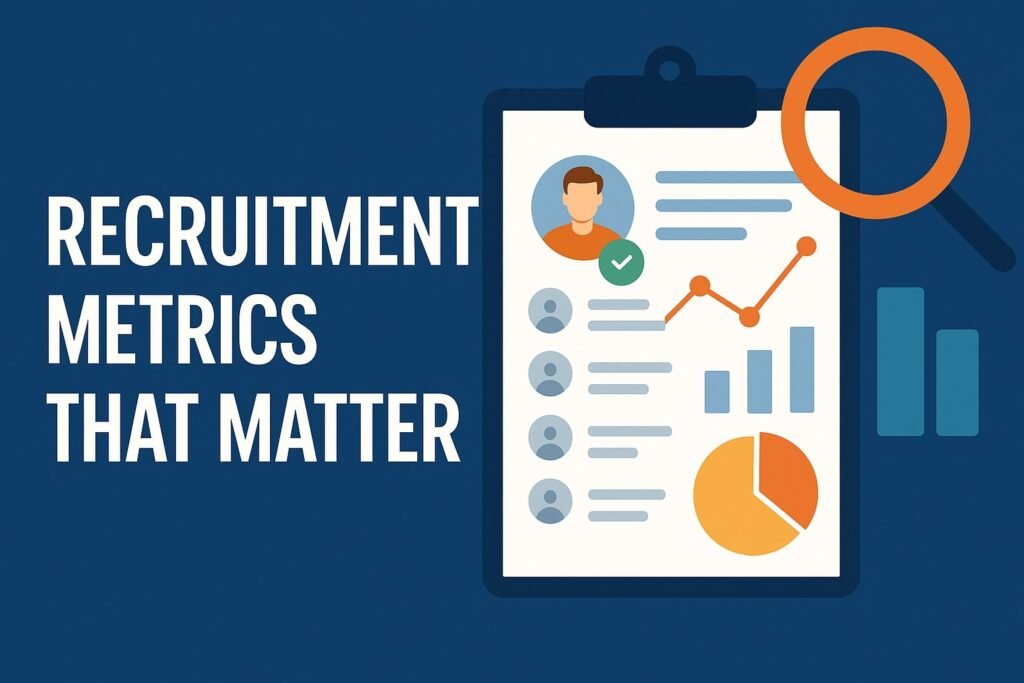Salary Benchmarking: How to Stay Competitive in a Tight Talent Market
Introduction
With India’s talent market heating up and skills shortages becoming more common, competitive compensation has never been more important. Salary benchmarking — the process of comparing your pay scales to market standards — can help you attract, engage, and retain top talent. Here’s how to build a practical, data-driven approach to compensation that positions you as an employer of choice.
What is Salary Benchmarking?
Salary benchmarking involves analyzing compensation trends across your industry, location, and role types to ensure your salary offerings are fair and competitive. This data-driven strategy helps align pay structures with market realities, reducing the risk of losing great candidates to better-paying competitors.
Why Salary Benchmarking Matters
- Attracts top-tier candidates
- Reduces offer declines and negotiation friction
- Supports fair pay and equity goals
- Improves employee morale and loyalty
- Strengthens your employer brand
Key Steps to Build an Effective Benchmarking Strategy
1. Identify Critical Roles and Skills
Focus first on positions that are hardest to fill or that directly drive revenue and business growth. These are the roles where competitive salaries matter most.
2. Use Reliable Data Sources
Leverage reputable salary surveys, industry reports, government data, and even insights from recruitment partners to build a clear picture of market compensation.
- Niche job boards
- National pay scale surveys
- Professional associations
3. Factor in Total Rewards
Benchmarking isn’t just about base salary. Consider:
- Bonuses and incentives
- Health and wellness benefits
- Retirement plans
- Flexible work options
These total rewards can make your offer more attractive even if base pay is only at par.
4. Monitor Regularly
Market pay rates change fast, especially in emerging sectors. Review your salary benchmarks at least once a year to stay current and adjust your compensation strategy proactively.
5. Address Pay Equity and Fairness
Ensure there are no gender or bias-based pay gaps in your salary structures. Transparent pay practices build trust and support your employer brand as a fair, responsible workplace.
Common Salary Benchmarking Mistakes to Avoid
- Relying on outdated data
- Ignoring benefits and incentives
- Applying benchmarks without adjusting for your unique culture and business model
- Failing to communicate pay philosophy to candidates and employees
Conclusion
Salary benchmarking is not a luxury — it is a strategic necessity in India’s talent-driven market. By grounding your compensation strategy in data and fairness, you can win over top candidates and build a motivated, loyal workforce that powers your growth.
How Valorega TalentEdge Can Help
Our recruitment and talent experts can help you build a robust salary benchmarking strategy, using reliable data and market insights to design competitive, fair, and sustainable pay structures.






